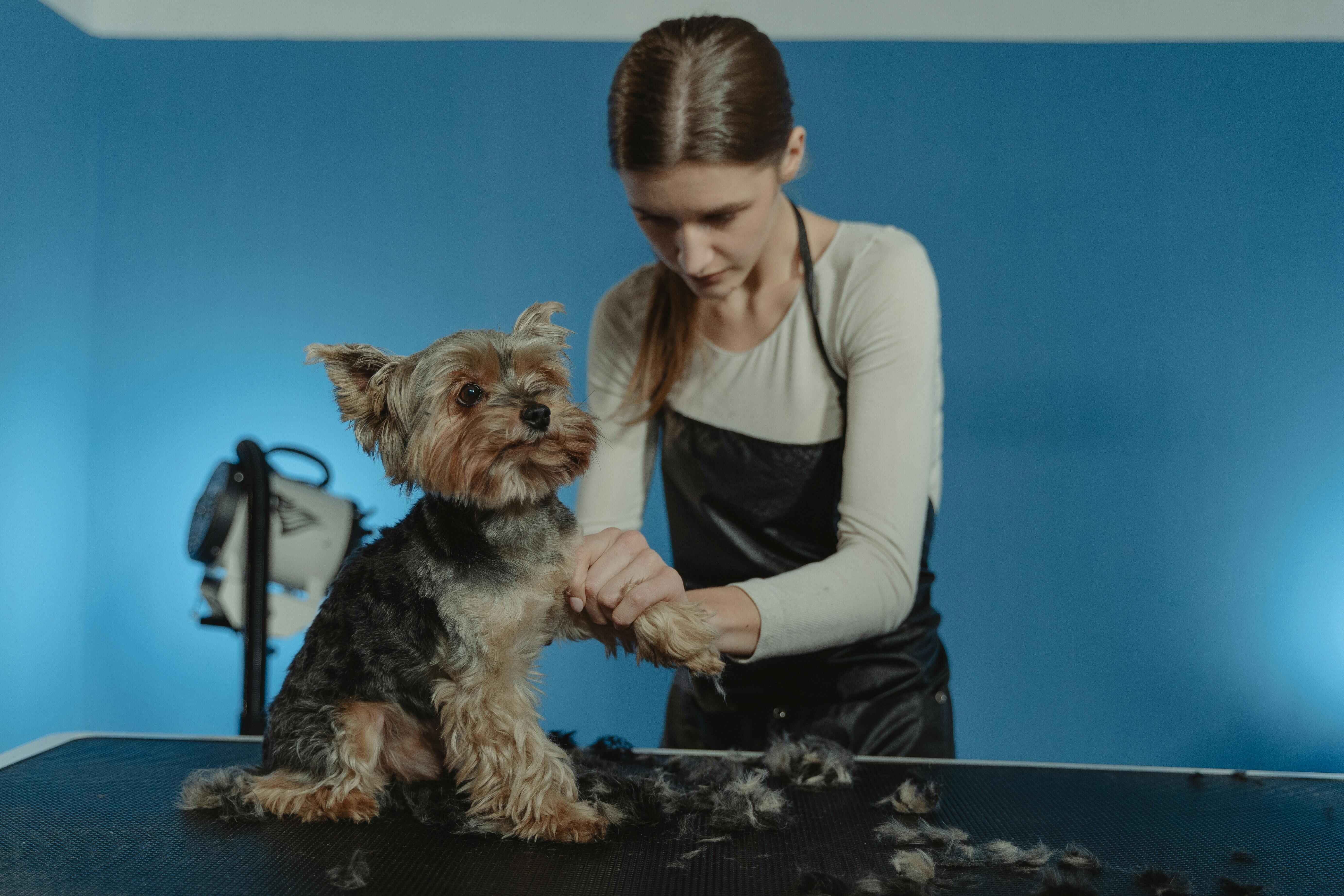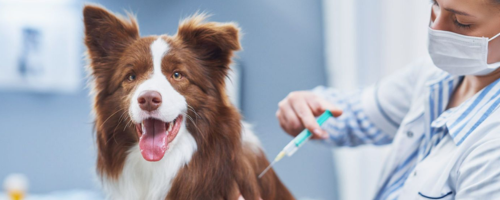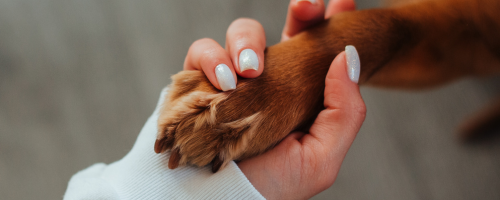When Pollution Affects More Than Just People
Air pollution has become an unavoidable reality in most Indian cities. Whether it’s Delhi’s post-Diwali smog, Mumbai’s traffic fumes, or Kolkata’s industrial emissions, our air is becoming increasingly hazardous. While many are aware of the dangers to human health, the risks pollution poses to pets are often overlooked.
How Air Pollution Harms Pets
Pets — including dogs, cats, birds, and rabbits — breathe the same toxic air we do. Pollutants like PM2.5, carbon monoxide, and nitrogen dioxide easily enter their small respiratory systems, often causing more harm than in humans due to their size and proximity to the ground.
Flat-faced breeds such as pugs, bulldogs, and Persian cats are particularly vulnerable because their shorter nasal passages offer less natural filtration.
Respiratory and Other Health Issues in Pets
Common symptoms caused by polluted air include:
- Persistent coughing or wheezing
- Nasal discharge and labored breathing
- Feather plucking and appetite loss in birds
- Red or irritated eyes
- Itchy or flaky skin, leading to infections
Which Pets Are at Greater Risk?
The following pets face higher exposure to pollutants:
- Dogs walked in traffic-heavy areas
- Cats near open windows or balconies
- Birds kept outside or near open spaces
- Senior pets or those with pre-existing conditions
Solutions: How to Protect Your Pets from Air Pollution
Here’s how you can reduce pollution-related risks for your pet:
- Limit outdoor time: Avoid early morning/evening walks during high AQI.
- Indoor play: Use toys and games to stimulate pets inside.
- Pet masks: Use cautiously and only with vet advice.
- Close windows: Especially during peak pollution hours.
- Use air purifiers: Invest in HEPA filter purifiers for home air quality.
- Clean regularly: Vacuum, mop, and clean surfaces to reduce dust.
- Wipe after walks: Clean their paws and fur with a damp cloth.
Boosting Immunity and Vet Visits
Keeping your pet’s immune system strong is critical. Provide a nutrient-rich diet, plenty of water, and consider vet-approved supplements like omega-3 fatty acids or antioxidants.
Regular veterinary check-ups are essential. Early detection of breathing issues or skin conditions can prevent long-term damage. Ask your vet about city-specific pollution precautions for your pet’s breed and health status.

What Causes Hair Loss in Dogs & Cats? And When to Call a Vet
Normal Shedding vs Abnormal Hair Loss Seasonal shedding is normal, but abnormal fur los...

Complete Guide to Pet Vaccination: Why, When, and What Your Pet Needs
🐾 Dog & Cat Vaccination at Home in Delhi | Complete Puppy & Kitten Vaccination GuideAs lovi...

The Rise of Mobile Vet Apps in India
The Rise of Mobile Vet Apps in India : Revolutionizing Pet HealthcareIn today’s fast-paced world, pe...
